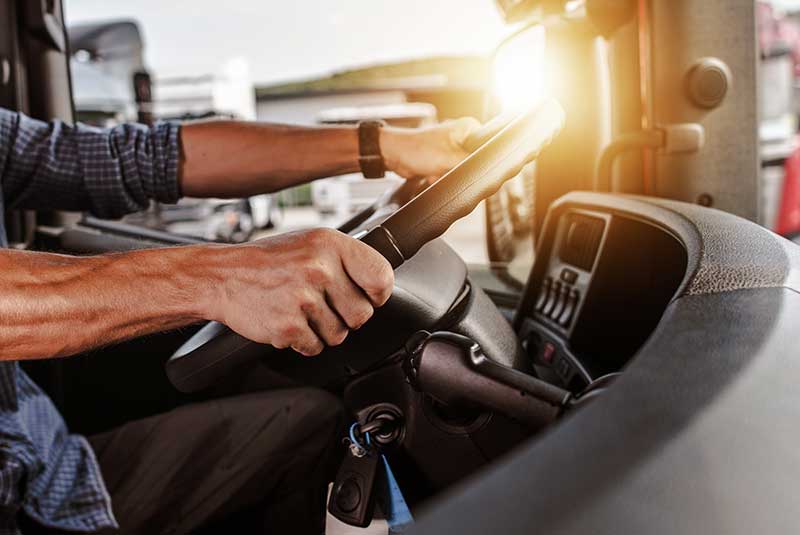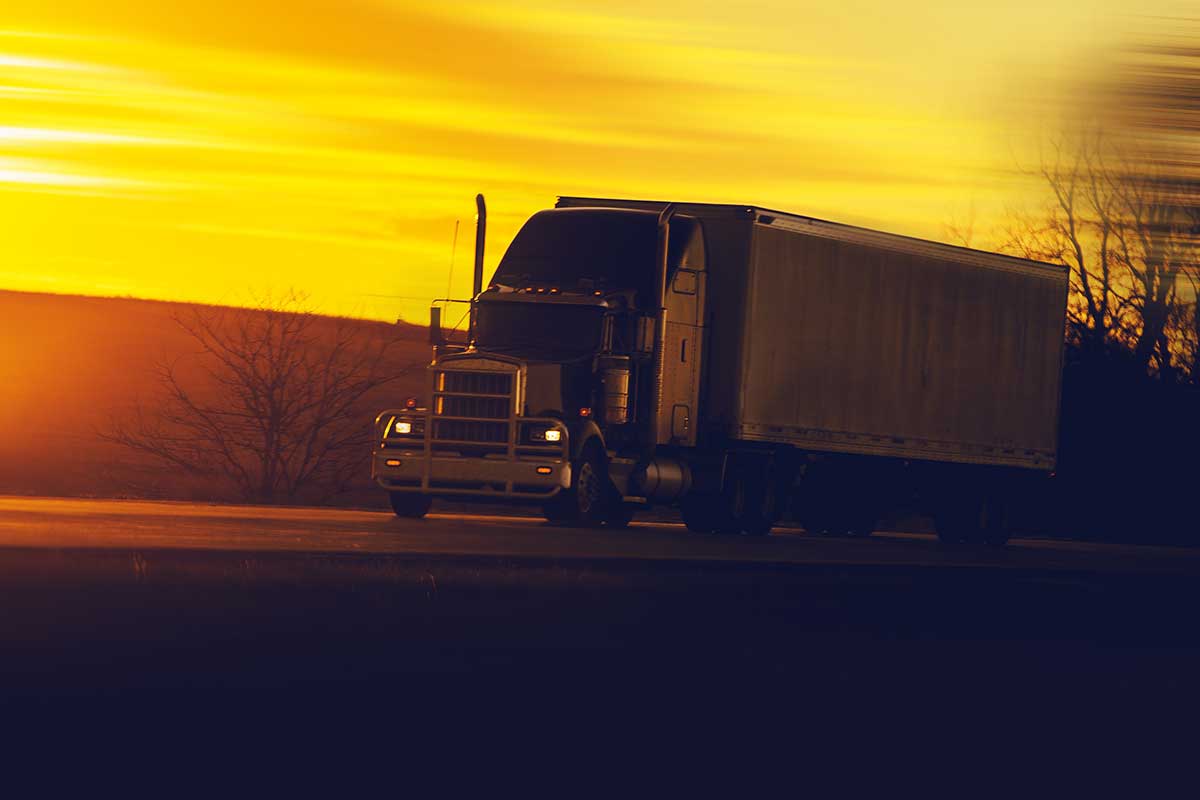Commercial Driver post-accident Drug & Alcohol testing
A commercial vehicle in this article is defined as a vehicle used for commercial purposes with a vehicle weight of 10,001 pounds or more.
The Federal Motor Carrier Safety Administration (FMCSA) has regulations in place for motor carriers when it comes to post-accident drug and alcohol testing and pre-employment testing of drivers who possess a Commercial Driver’s License (CDL). The process can be very costly for employers that do not follow the procedures correctly.
The FMCSA has a drug and alcohol clearinghouse which is a database that retains information about violations of the drug and alcohol regulations by CDL drivers. This database can be accessed by employers with issued Department of Transportation (D.O.T) numbers, law enforcement, and third-party administrators (TPA) among others. The query can be made during the hiring process and requires consent from the applicant, and also on an annual basis for employed drivers.
A refusal to submit to a drug and alcohol test is considered the same as testing positive, in either situation, the driver will not be allowed to work any job considered safety-sensitive. Anyone possessing a (CDL) has agreed to drug and alcohol testing as a part of being a holder of the commercial driver’s license.
Here is the breakdown for post-accident drug testing:
Fatality- The driver must be tested.
Someone treat for injuries away from the scene and driver ticketed with moving violation- Driver must be tested.
Any vehicle towed away from the scene and driver ticketed with a moving violation- Driver must be tested.
These test can be given by state and local authorities in the form of blood test which also would be acceptable by (FMCSA).
More information can be found on this and other topics at: https://csa.fmcsa.dot.gov
Wayne Morgan- Owner
Aonyx Solution, LLC
wayne@aonyxpi.com
www.aonyxpi.com
855-512-6699



